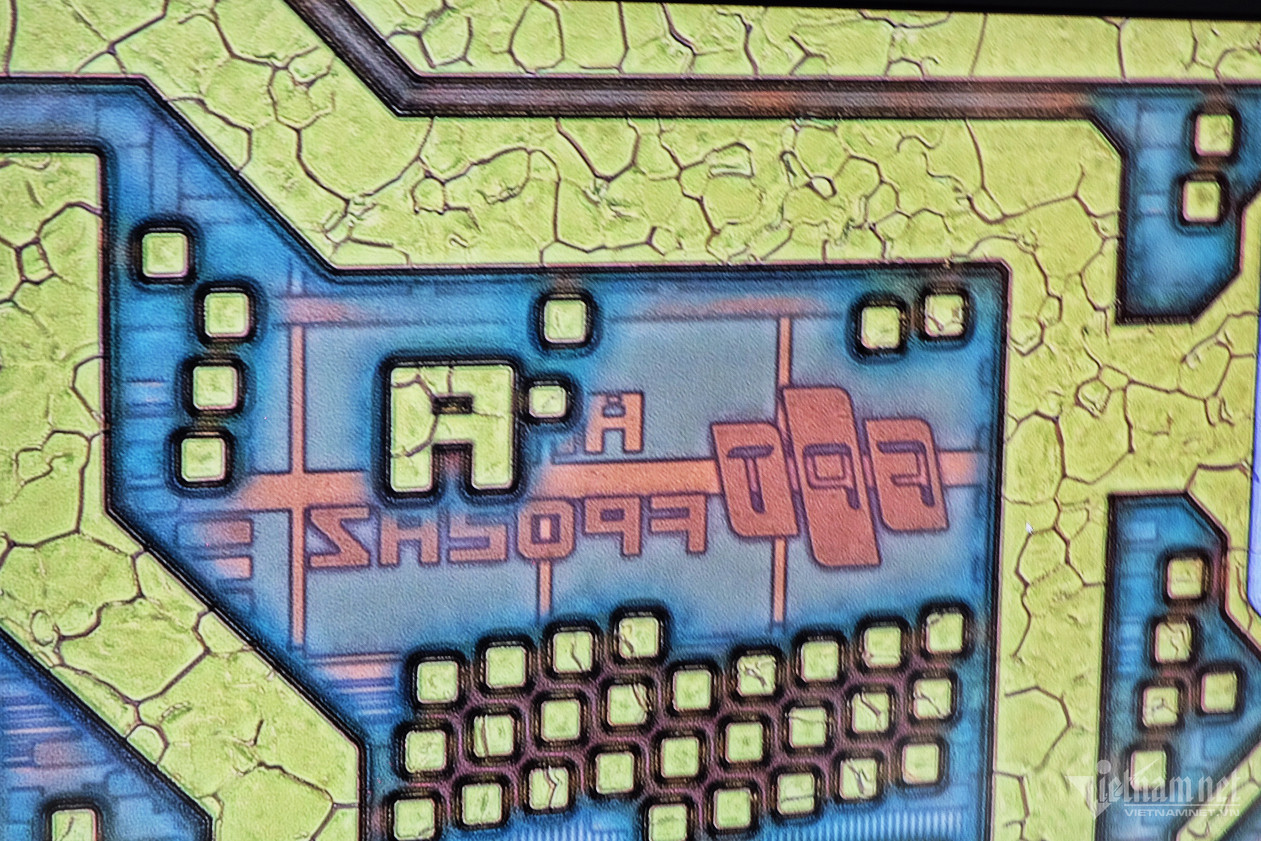
Binh said now is the time for Vietnam to act as a new link in the supply chain of the semiconductor industry.
“Vietnam is standing at a crossroads. It is unclear whether our children and grandchildren will escape the middle-income trap, or take a turn and join the contingent of the most advanced nations in the world,” Binh said.
He said that semiconductor is a special industry because it contributes to determining the order of the world today. Currently, South Korea and Taiwan (China) are where most of the chips in the world are manufactured.
Big changes in geopolitical conditions have occurred recently. Because of reliance on some suppliers, the global chip supply chain is facing risks. Therefore, Vietnam now has a great opportunity to become a new link in the supply chain.
Workers for the semiconductor industry are lacking all over the globe. The need for human resources is getting even more serious as the US puts pressure on chip outsourcing companies to leave China. For many semiconductor companies, their workforce and production bases are located in China.
The relocation plan by semiconductor companies is a great opportunity for Vietnam IT firms. To persuade the world to believe in Vietnam instead of clinging to existing facilities, Vietnamese technology firms need to draw up a future.
In general, it takes other countries 18 months to turn a software engineer into a chip designing engineer. However, if Vietnam has solutions, the time needed would be shortened to three months.
At first, Vietnam’s software and information technology (IT) service firms need to quickly shift to accumulate knowledge and experience, and later to designing completely new chips themselves, or make old chips at low prices.
Vinasa, after conducting surveys, has found that many Vietnamese work in the semiconductor industry in many countries, including at giants such as Qualcomm, Amkor and Texas Instruments, and earn $100,000-300,000 a year.
Binh said that after talking with them, he realized that many are willing to give up large firms in the US and return to Vietnam. They could be an important source of workers for Vietnam’s semiconductor industry in the areas of research, development and training.
Trong Dat